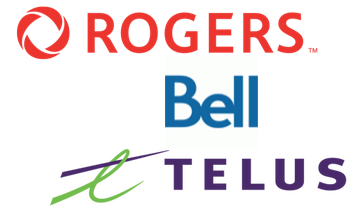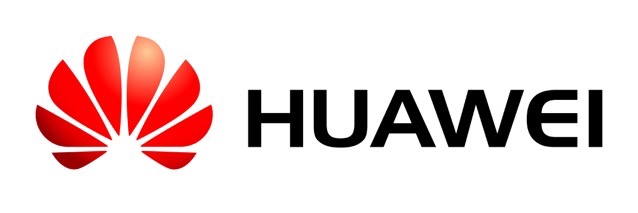
Huawei Tells Canadian Media it Should Be Trusted, Compares Situation to Boeing
Huawei recently told select Canadian media outlets at its headquarters in Shenzhen, China, it should be trusted, just like any other company. The Chinese company is opening up its executives to media access in what appears to be a PR whirlwind tour to paint a positive image of the company.
Speaking to The Globe and Mail, Eric Xu, chairman for Huawei, said “we would definitely not do it,” referring to using its equipment to spy on its customers–even if an order came from the General Secretary of the Communist Party.
Xu clarified why they would refuse to follow such an order, speaking through a translator, saying “it’s very simple: doing so would be a violation of laws in the countries where we provide our services.”
As for why Huawei should be trusted? Xu made a comparison–to Boeing:
Mr. Xu drew an analogy to Boeing as it struggles to rebuild public confidence in its 737 MAX aircraft, which has been grounded around the world after two fatal crashes raised questions about the role of a Boeing-designed software system.
“Is Boeing trustworthy? At the moment, nobody is certain about this question — but in the past we trusted it very much,” he said. “It’s possible that right now, people no longer have as much trust in Boeing. But in two years, you must trust it again. I think it’s the same for Huawei.“
Xu also said “there is no difference between Huawei and other western global companies,” referencing the company’s management and global business practices.
The Chinese company is attempting to reshape its public image amid U.S. and Canadian allegations its 5G networking equipment could be a conduit for espionage. Huawei equipment is already banned in the United States, Australia and New Zealand.
Canada has yet to make a decision on Huawei, which has equipment used by Telus and Bell.
According to MobileSyrup, an unnamed Telus executive claims it won’t be able to use any other equipment with the company’s existing Huawei infrastructure, which makes up 100 per cent of the company’s radio cell towers:
A Telus executive not authorized to speak publicly confirmed to MobileSyrup before the trip to China that Telus is unable to use any other vendor’s equipment on its current infrastructure. The Telus executive explained that when it is time to deploy 5G networks, new equipment is essentially added onto the existing equipment that deploys 3G and 4G.
Huawei, however, contradicted this Telus source by saying their wireless equipment in Canada is “interoperable as and when required by relevant standards.”
The Globe and Mail first reported back in December Huawei radio equipment makes up 60-70 per cent of Bell’s network, while Telus at “virtually 100 per cent”. If Canada banned Huawei, Bell and Telus would have to remove some existing Huawei equipment as it would be unable to work with more costly hardware from Ericsson or Nokia.
As for their other Canadian ties, Huawei also revealed it spends $30 million USD per year on university partnerships in Canada, which is one-tenth of their global spending on post education funding.
Canadians Michael Kovrig and Michael Spavor are currently detained in China over espionage allegations, a move seen as retaliation over the arrest of Huawei CFO, Meng Wanzhou, daughter of the company’s founder. She is currently on bail in Vancouver at one of her multimillion-dollar mansions and awaits U.S. extradition proceedings.
China has recently stepped up pressure on Canada, recently blocking imports of canola, with today seeing a second Canadian grain company affected by the diplomatic spat. Canada is a world leader in canola exports, sending 40% to China, with 2018 seeing $2.7 billion worth of exports to the country.
What do you think–should Huawei be trusted for 5G networks?


